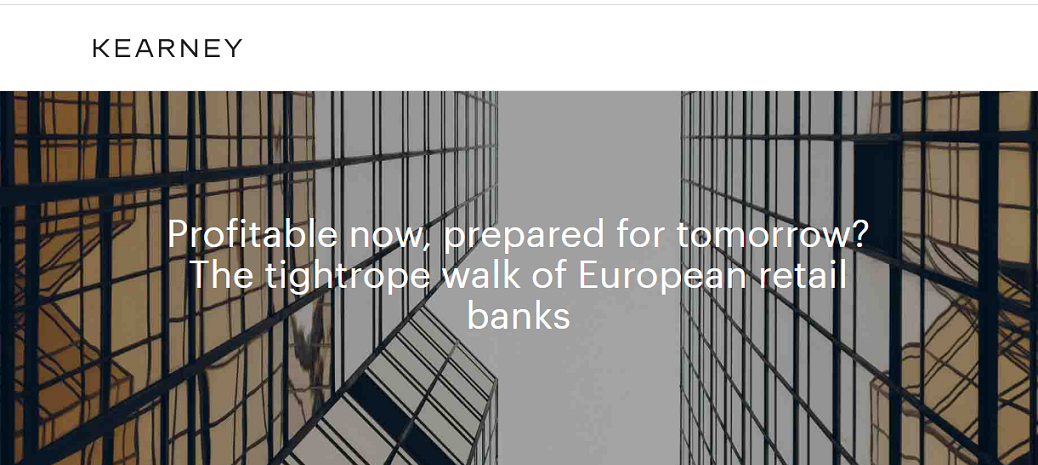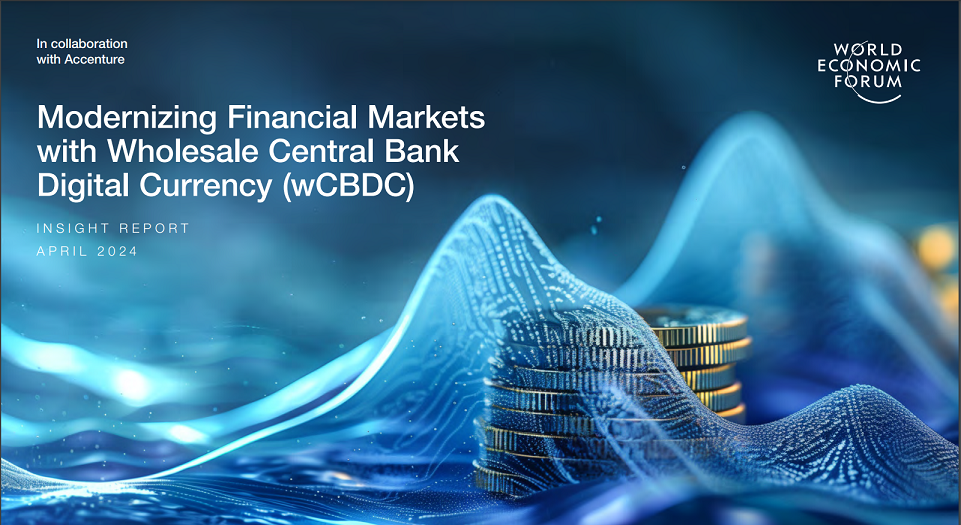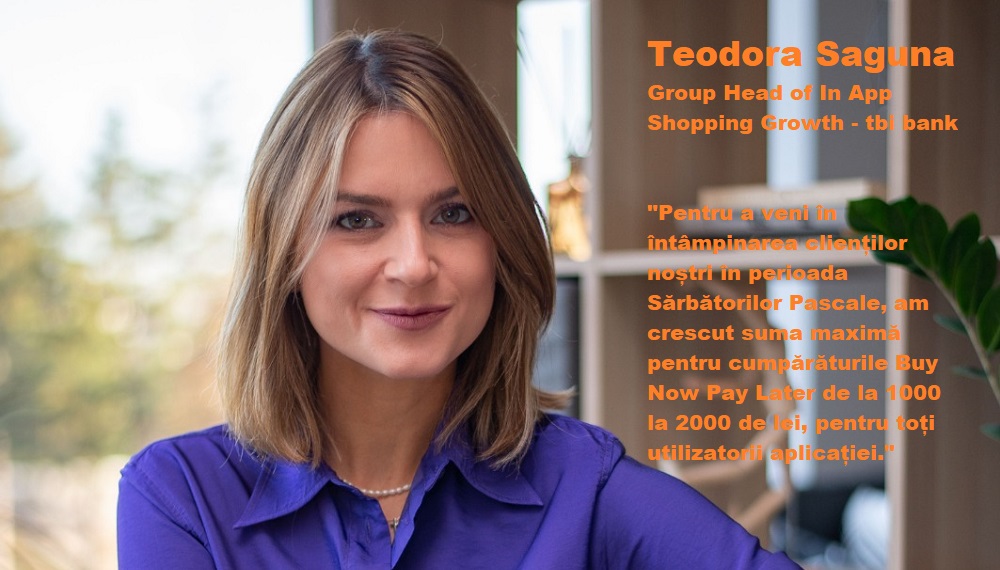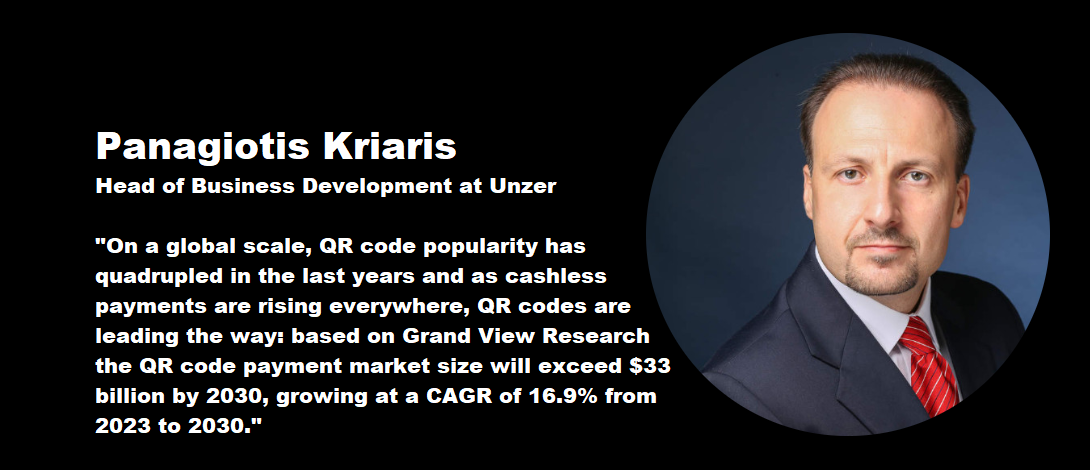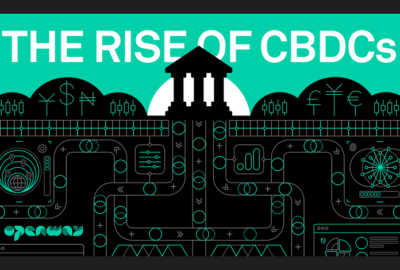Opinion poll in Sweden: only 25% wanted a completely cashless society
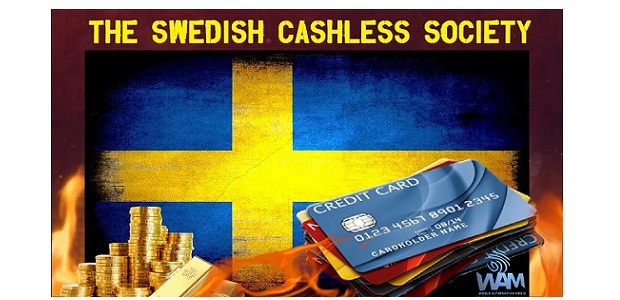
Sweden’s central bank governor has called for public control over its payment system. Others say a fully digital system is vulnerable to fraud and attack. “We are naive to think we can abandon cash completely and rely on technology instead.”
In February, the head of Sweden’s central bank warned that Sweden could soon face a situation where all payments were controlled by private sector banks. The Riksbank governor, Stefan Ingves, called for new legislation to secure public control over the payments system, arguing that being able to make and receive payments is a “collective good” like defence, the courts, or public statistics.
“Most citizens would feel uncomfortable to surrender these social functions to private companies,” he said. “It should be obvious that Sweden’s preparedness would be weakened if, in a serious crisis or war, we had not decided in advance how households and companies would pay for fuel, supplies and other necessities.”
The central bank governor’s remarks are helping to bring other concerns about a cash-free society into the mainstream, says Björn Eriksson, 72, a former national police commissioner and the leader of a group called the Cash Rebellion, or Kontantupproret.
Until now, Kontantupproret has been dismissed as the voice of the elderly and the technologically backward, Eriksson says.
“When you have a fully digital system you have no weapon to defend yourself if someone turns it off,” he says. “If Putin invades Gotland [Sweden’s largest island] it will be enough for him to turn off the payments system. No other country would even think about taking these sorts of risks, they would demand some sort of analogue system.”
In this sense, Sweden is far from its famous concept of lagom – “just the right amount” – but instead is “100% extreme”, Eriksson says, by investing so much faith in the banks. “This is a political question. We are leaving these decisions to four major banks who form a monopoly in Sweden.”
No system based on technology is invulnerable to glitches and fraud, says Mattias Skarec, 29, a digital security consultant. Yet Sweden is divided into two camps: the first says “we love the new technology”, while the other just can’t be bothered, Skarec says. “We are naive to think we can abandon cash completely and rely on technology instead.”
Skarec points to problems with card payments experienced by two Swedish banks just during the past year, and by Bank ID, the digital authorisation system that allows people to identify themselves for payment purposes using their phones.
Fraudsters have already learned to exploit the system’s idiosyncrasies to trick people out of large sums of money, even their pensions.
The best case scenario is that we are not as secure as we think, Skarec says – the worst is that IT infrastructure is systemically vulnerable.
“We are lucky that the people who know how to hack into them are on the good side, for now,” he says. “But we don’t know how things will progress. It’s not that easy to attack devices today, but maybe it will become easier to do so in the future.”
The banks recognise that digital payments can be vulnerable, just like cash.
“Of course there are people trying to abuse them, but they are no more vulnerable than any other method of payment,” says Per Ekwall, a spokesperson for Swish, the immensely popular mobile payments system owned by Sweden’s banks. “From a macro perspective Swish has made it safer, and cheaper,” he says.
There is little point in fighting a trend that customers themselves are driving, the banks argue. But an opinion poll this month revealed unease among Swedes, with almost seven out of 10 saying they wanted to keep the option to use cash, while just 25% wanted a completely cashless society. MPs from left and right expressed concerns at a recent parliamentary hearing. Parliament is conducting a cross-party review of central bank legislation that will also investigate the issues surrounding cash.
The Pirate Party – which made its name in Sweden for its opposition to state and private sector surveillance – welcomes a higher political profile for these issues.
Look at Ireland, Christian Engström says, where abortion is illegal. It is much easier for authorities to identify Irish women who have had an abortion if the state can track all digital financial transactions, he says. And while Sweden’s government might be relatively benign, a quick look at Europe suggests there is no guarantee how things might develop in the future.
“If you have control of the servers belonging to Visa or MasterCard, you have control of Sweden,” Engström says.
“In the meantime, we will have to keep giving our money to the banks, and hope they don’t go bankrupt – or bananas.”
Source: The Quardian
Anders Olofsson – former Head of Payments Finastra
Banking 4.0 – „how was the experience for you”
„So many people are coming here to Bucharest, people that I see and interact on linkedin and now I get the change to meet them in person. It was like being to the Football World Cup but this was the World Cup on linkedin in payments and open banking.”
Many more interesting quotes in the video below:
